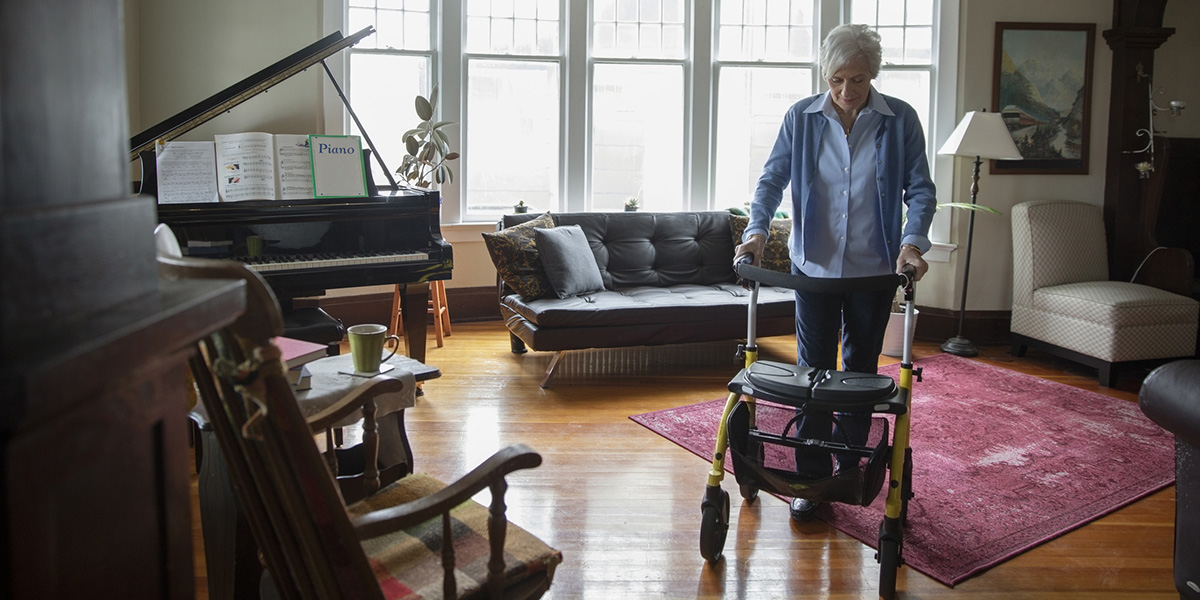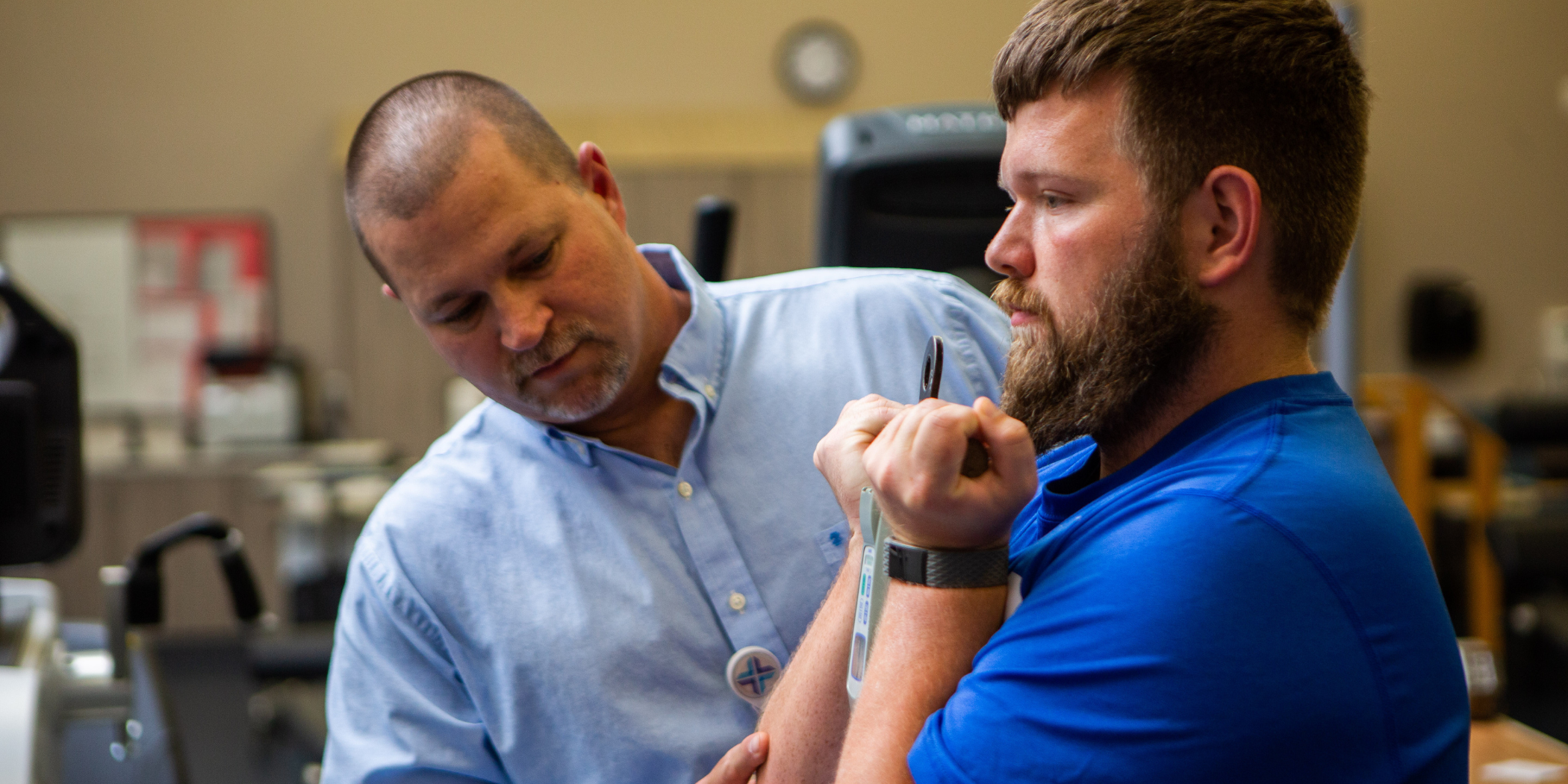
See you next fall? Not if you’re careful!
Fall is almost here! The word ‘fall' should remind you of football, the chill of cooler weather and the taste of pumpkin spice. It shouldn't make you think of traumatic injury and time in the hospital.
But falls continue to be the number one traumatic injury seen by Spartanburg Regional medical experts. Last year, the trauma department at Spartanburg Medical Center treated more patients for falls than for violence and motor vehicle crashes combined. Those at highest risk for falls are the very young (less than 4 years old) and those over 65.
Why do people fall?
There are several risk factors, and the more you have, the greater your risk.
In children, the highest risk factors are muscular weakness and lack of safety awareness.
In older adults, top risk factors include muscle weakness, decreased safety awareness, medication usage, decreased balance, gait, and decreased sensory input — hearing, vision and sensation of touch.
What happens when we fall? The extent of our injuries depends on a variety of factors. The most common is blunt force trauma to the area of impact and surrounding areas.
Falling down can cause serious injuries, including:
- Traumatic brain injuries
- Hip fractures
- Cervical spine (neck) injuries
- Rhabdomyolysis (muscle breakdown), which can lead to acute kidney failure
Slow down, don't fall down
Falls are the leading cause of injuries and death in older Americans. This is an alarming statistic, but the good news is that most falls are preventable.
Falls are not a natural part of aging. We may need to slow down as we age, but we do not have to fall down.
Falls can be prevented by taking the following precautions:
1. During your yearly physical with your health care provider, go over your entire medication list and discuss side effects. You may even discover that some of your medications are no longer necessary. Ask your doctor if any of your health conditions could increase your chance of falling.
2. Have your hearing and vision checked yearly.
3. Stay active. The most common cause of falling is muscular weakness. Taking part in a comprehensive exercise program, multiple times a week, will increase your strength, balance, and confidence. It could even have the added benefit of decreasing blood pressure and cholesterol.
4. Keep your house clean and clear of hazards. Collections of newspapers, mail, delivery packages, and other household items, such as extension cords, throw rugs and even our beloved pets increase our chances of ending up on the floor. Don't get rid of your pet, but do make sure you have a clear, clutter-free path to your frequently used areas of the home.
5. Know your body and its limits. If you are someone that gets dizzy with positional changes (getting out of bed or up from a chair), make sure you give yourself extra time to stand up. Your body needs to make adjustments before you run to that ringing phone. Make sure your medical provider is aware of your dizzy spells. They could be caused by orthostatic hypertension, where your blood pressure drops significantly when you stand up quickly.
6. Use assistive devices when directed. The time to reach for a cane or walker should not be when you are on the floor trying to get back up. If you have been directed to use an assistive device, do so until you can show your healthcare provider (through strength and balancing programs) that the device is no longer necessary.
We want everyone to enjoy the fall season, but we don't want you to be a fall statistic. Please don't meet us by accident. Spartanburg Medical Center is a Level I Trauma Center, and we are dedicated to reducing the number of traumatic injuries in our community through our injury prevention and outreach programs. These programs give you and your family the knowledge and resources you need to practice safety every day. For more information about our programs, visit our website or contact TJ Mack, trauma injury prevention and outreach coordinator, at 864-560-6839.
T.J. Mack, RN, BSN, is the trauma injury prevention and outreach coordinator for Spartanburg Regional Healthcare System.











